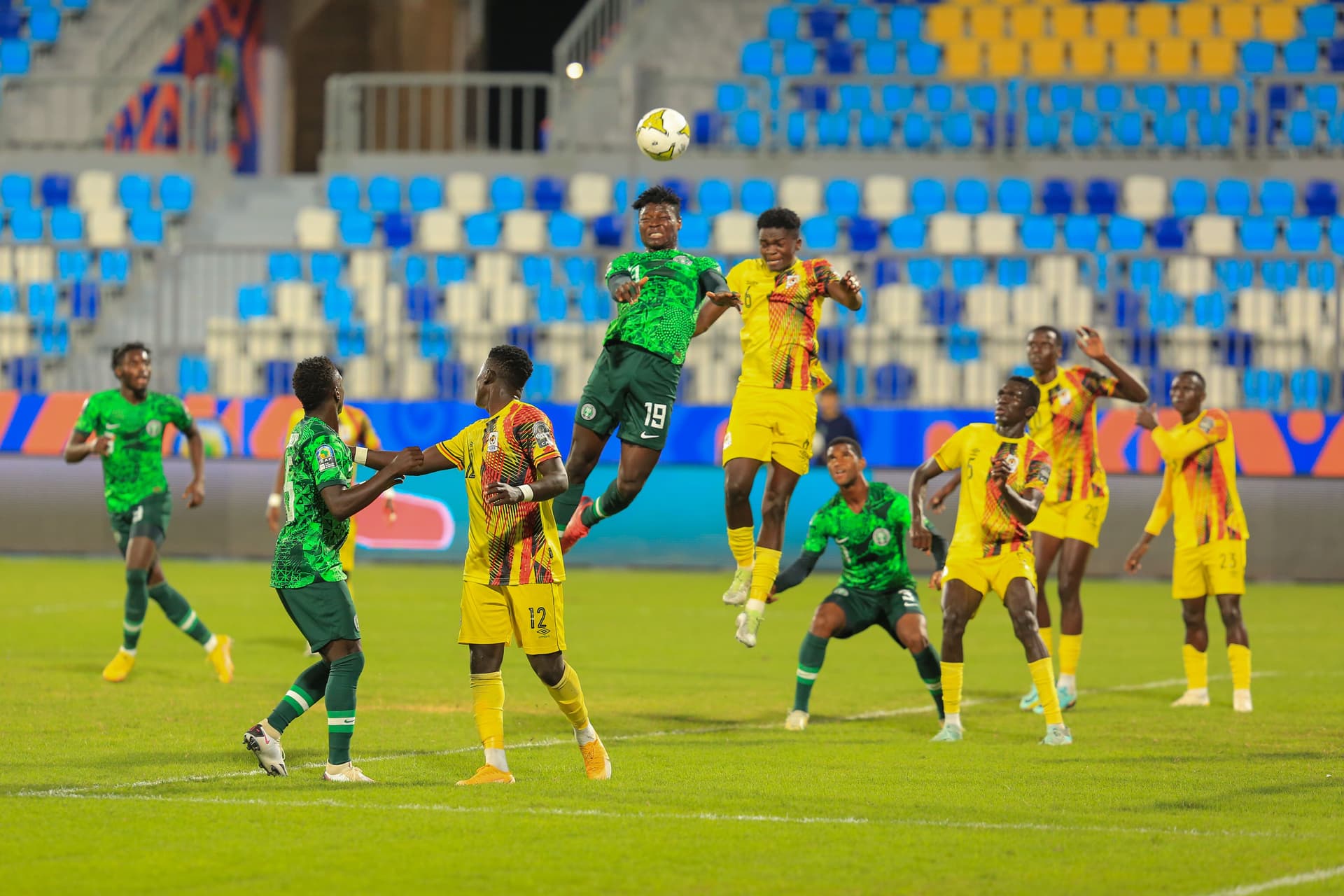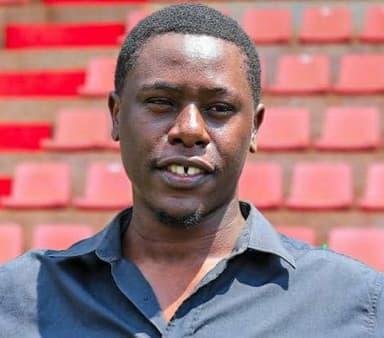Football
Exclusive: “It's A Set Of Reasons” - CAF Coaches Instructor Mujib Kasule On Why Ugandan Players Don't Thrive in Foreign Land
Ugandan players have struggled to succeed abroad due to poor nurturing, coaching, and adaptation issues. CAF coach Mujib Kasule attributes this to a lack of necessary skills and mental preparation. He suggests investing in coaching, facilities, and youth structures to improve player development and increase success at the highest level.

Majority World/ Universal Images Group via Getty Images.
Over years, a host of Ugandan players have struggled beyond borders, failing to replicate the initially locally exhibited form that otherwise attracted the foreign suitors.
While some have failed to hit the anticipated heights, others have had incredibly short stints, way below the stipulated time in the contracts.
Recent history has presented a number of them that have failed to make it beyond home soil, including Derrick Kakooza, Allan Okello, Rogers Mugisha, Abdu Lumala, Frank Ssebufu, Moses Waiswa and a host more. The pressing issue has led to widespread concerns and criticism of the various stakeholders involved, including the players, coaches and more.
CAF coaches instructor, Mujib Kasule, who is also the director of Ugandan football team Proline FC, has alluded the plague to a number of reasons, that range from poor nurturing, improper coaching and adaptation mishaps.
RATIONALE - WHAT HAS GONE WRONG WITH UGANDAN PLAYERS ABROAD
“It's a combination of many factors why many Ugandan players have struggled abroad. In Uganda, we have very good and talented players, but we have not been good at nurturing this talent that we have,” Kasule started in an exclusive interview with SportsBoom.com.
“Our players have the talent to play, but they don't have the necessary skills of the game. The real skills that include passing, precision, positioning, game understanding and the like. All those things are lacking in most of our players,” the KCCA FC legend added.
Kasule, who himself played abroad in Alabama in the United States in the early 2000s, further indicates that it is not an entirely player issue, as the local coaches should also carry part of the cross.
“You cannot entirely blame these players; it's us who manage these players, coach them, teach them, and we are supposed to help them with the proper way of playing the game. So, they don't have some of those to play football at the highest level.
“To play the game at the highest level, you need two sets of skills; you need the football skillset, but also life skills that help you manage the game of football and the situation in the environment,” he explained further.
ADAPTATION INADEQUACIES AND MENTALITY ISSUES - A PLETHORA
Kasule, who is formerly a Uganda National Senior team (the Uganda Cranes) player, further went on to underline that the Ugandan stars have struggled with the adjustment to divergent lifestyles than those they're used to locally. He is convinced that the players haven't been fully prepared for these differences.
“Our players face cultural shocks when they leave the country to foreign lands, in terms of weather, food and the people. So, the players aren't taught or exposed to these things when they're still young. It becomes hard for them to adapt at a later age.
“In terms of character, they're weak. We have not groomed them well in terms of mental structure and character to adapt to new things, and our players have shown that adaptation is not good. We have had players leave countries because they feel the food they eat there is a taboo to them,” he added.
“The other issue is that generally our players think that when they go abroad, they're going to live a good life. They get a little bit of money and become unruly. They forget that it's only the beginning of hard work and sacrifices. As a professional player, you don't have a lot of time for enjoyment outside the game.
“Some players have faked excuses at their clubs to return home and enjoy luxury and life. When others come home for national team engagements, they stay longer than agreed to go to the beach, drive around and drink with friends. With that kind of mindset, you cannot survive at the highest level.
“The way we coach them hasn't been that good as well, because we concentrate more on feeding them information on the basics of what they should do on the pitch. When they go abroad, that voice isn't there, they're on their own and start to get confused. At the highest level, people have no time to wait, they expect you to add value as soon as they sign you.”
A SHIFT IN THE WAY THINGS ARE DONE - A MAMMOTH HAS TO CHANGE.
“What we have to do is do the right things. Invest in coaching, because the good coaches we have need to have continuous education and training. They should be studying in countries where professional football is good, such that we learn the best practices and bring them back home,” Kasule advised.
“We need to have proper facilities where we can train the coaches and the players to prepare them for the highest level of professional football. Football elsewhere has evolved and so, we have to follow suit,” Kasule explained.
“We need to have vibrant youth structures that are functional with people of the best knowledge. We have to start teaching players the right basics but also on life skills; perseverance, hard work, respect, endurance and ability to adapt, and all these have to come at an early age for the players, We will then be able to have players that can play at the highest level, with intelligence and last at their clubs.”
Despite dominating in the East African region, Uganda has struggled to have individuals that make it, especially in the top five European football leagues. The last Uganda had a player trade significantly there, was Magid Musisi at French League One side Stade Rennes between 1992 to 1994.

Allan boasts a methodical, reader-focused and flexible approach to storytelling for both short and long-form content on sports, especially football. He has worked with some of the leading sports websites in Uganda and Africa.